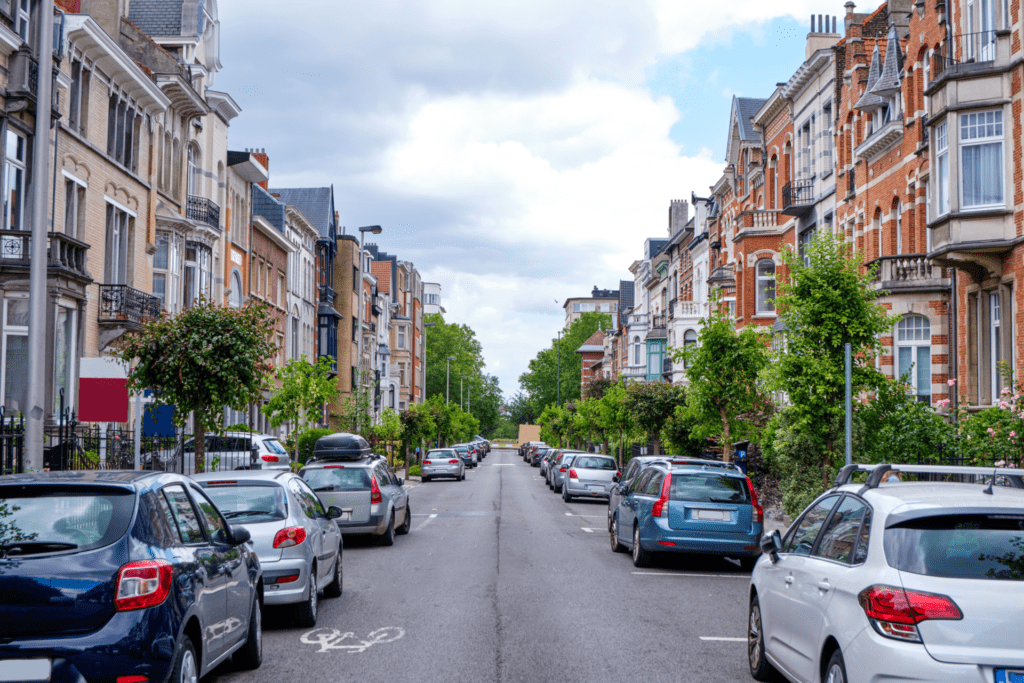The city of Ghent recently decided to crack down on noise pollution by impounding cars and motorbikes that are deemed too loud, and now some policymakers want the Belgian capital to follow in their footsteps.
Flashy cars with ear-splitting engines, motorbikes that rip down the street with a deafening roar - with more of Brussels’ residents working from home throughout the coronavirus health crisis, the issue of noise pollution in city neighbourhoods has been brought to the forefront of many people’s minds.
“We've already implemented a lot of changes to tackle aggressive driving, but that's really only about driving fast, it’s never about tackling the sound,” MP Lotte Stoops (Groen) told The Brussels Times.
“We have a way to take the cars from the aggressive drivers to make a point, but the noise that's polluting the whole area where these cars are running around is still really very bad for a lot of people.”
A recent study done in France estimated the social cost of noise pollution in the country at €156 billion per year.
That figure takes into account effects like property depreciation, public health, learning and concentration difficulties, sleep issues and a loss of productivity.
Traffic noise is even linked to some illnesses, including cardiovascular disease.
“Traffic noise at night causes fragmentation of sleep, elevation of stress hormone levels, and oxidative stress,” an academic study found.
“These factors can promote the development of vascular dysfunction (endothelial dysfunction) and high blood pressure, which, in turn, elevate the cardiovascular risk.”
Some European countries have already taken action to reduce noise pollution in their busiest cities.
In Sweden, they’re testing a system that sends motorists an acoustic signal via the car radio and displays a message when an ambulance, fire brigade or police car is approaching, in order to reduce the noise pollution caused by the sirens from emergency vehicles.
They’re doing something similar in The Netherlands, along with measuring and mapping noise pollution in Rotterdam.
“They're still experimenting on this system at the moment, but what they've already found out is that 6,000 of the infractions were caused by 100 people,” said Stoops, referring to the project in Rotterdam.
In addition to taking action against loud engines, Stoops is proposing a review of the volume of sirens, looking to the examples in Sweden and The Netherlands for guidance.
“It's happening in cities everywhere, so it's good to look at examples in other places to see what they're doing. The more perspective you get for a problem, the better able you are to tackle it,” said Stoops.
According to the World Health Organization, noise is the second most harmful environmental factor in Europe, after air pollution.
Around 20% of the European population (more than 100 million people) are chronically exposed to noise levels that are harmful to human health.
The French study by the Conseil national du bruit (CNB) and the Agence de la transition écologique listed effects that include sleep disturbance, cardiovascular diseases, obesity, diabetes, mental health disorders, learning difficulties, medication, hospitalisation, occupational diseases and accidents, productivity losses and property depreciation.
“It costs so much less to do things to prevent noise than to pay as a community for what the noise does to us as human beings, and as a society,” Stoops said.
“It’s a silent killer. It's so incredibly harmful. If we want to make Brussels a liveable city, then we must also dare to tackle noise pollution.”
Stoops will put the ideas to Parliament when it reconvenes.

